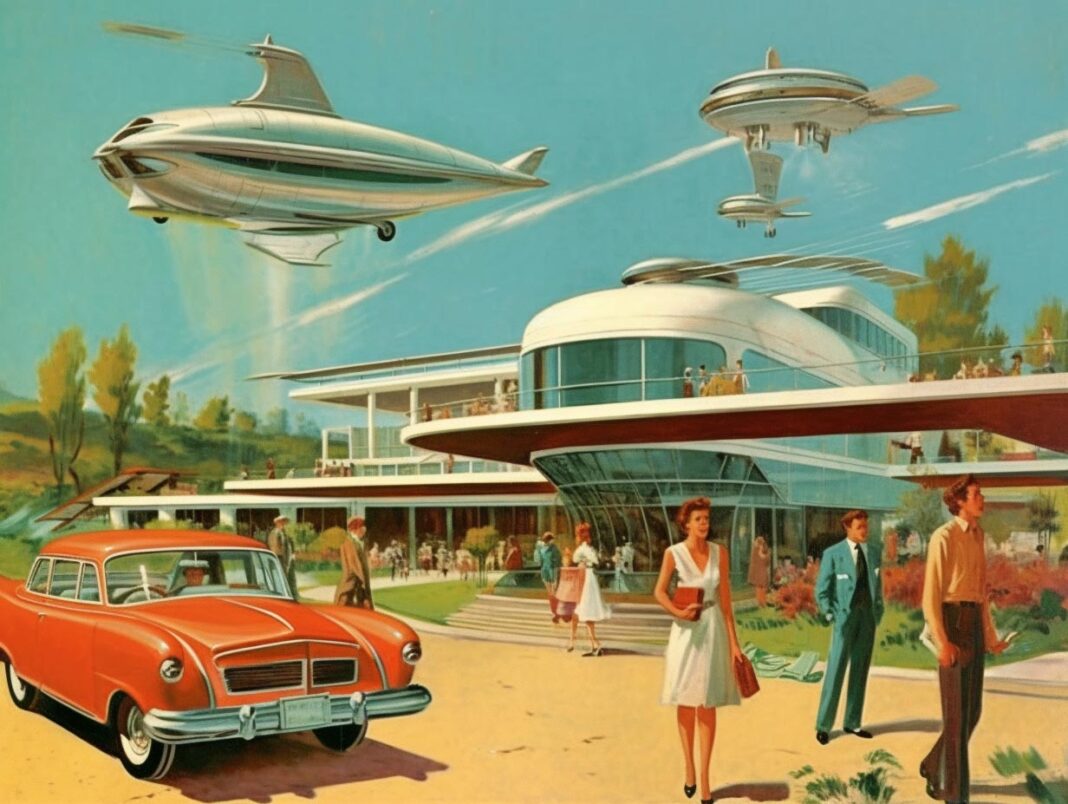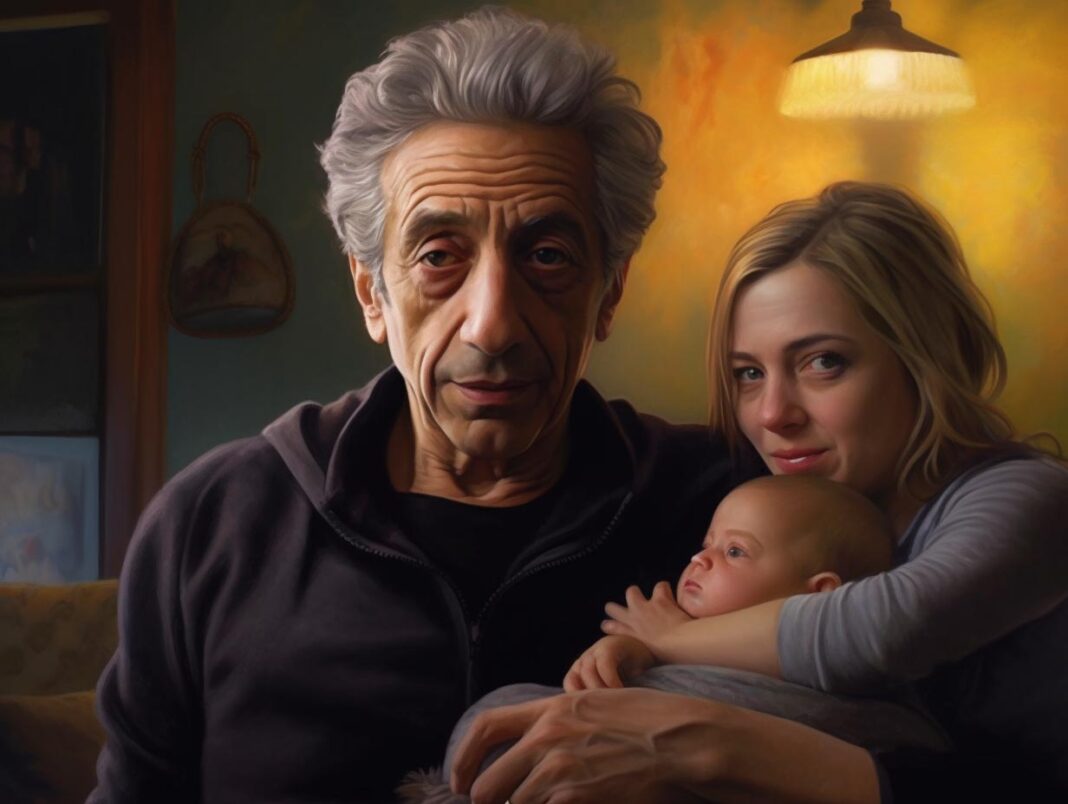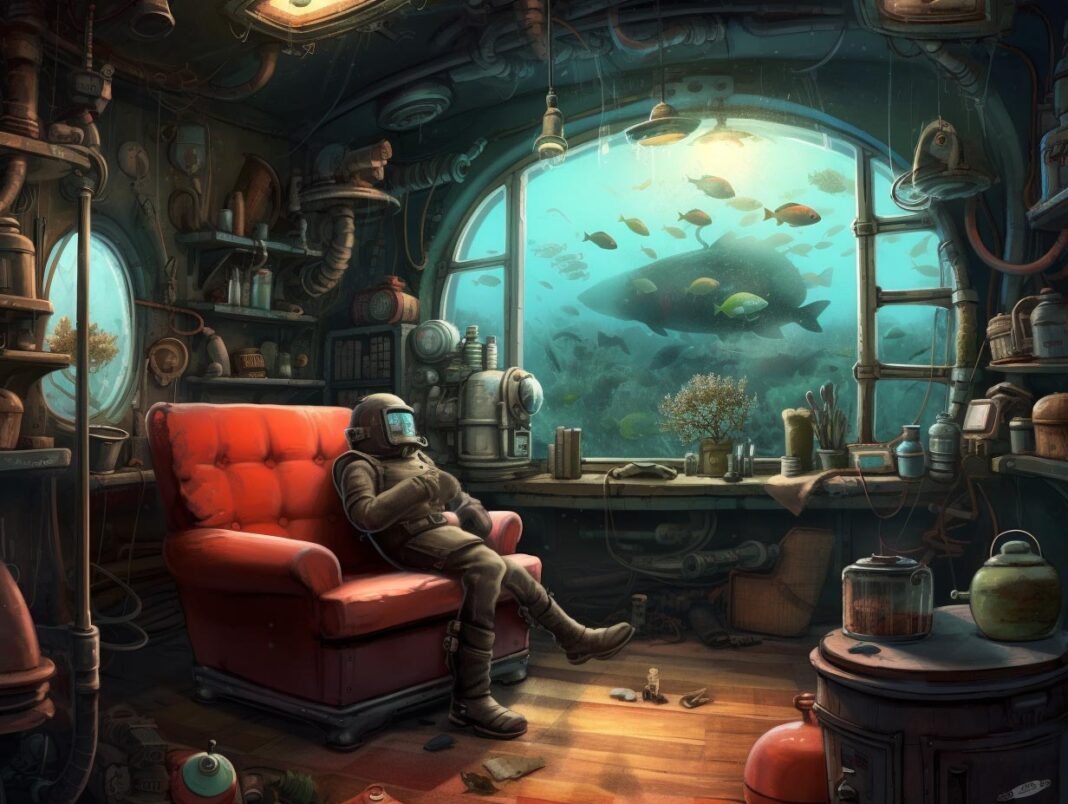- Futuristic technologies like artificial intelligence, augmented reality, and robotics are anticipated to reshape our quotidian existence.
- Contact lenses could be transformed into information displays, merging our reality with a digital world and facilitating telepathic communication via AI.
- The concept of ‘digital twins’, digital replicas of physical entities, could extend to our own bodies, facilitating personalised medical treatments.
- Ingestible sensors, robotic body part replacements, and AI personal assistants may become commonplace, aiming to improve health, longevity, and daily efficiency.
- The internet could shift to a 3D reality, financial predictions might be revolutionized by quantum computing, and food may be lab-grown, further underscoring the influence of technology on our lives.
In our collective journey towards the horizons of technological enlightenment, the seers of this new age have drawn back the veil to reveal a tableau of futures yet to be. The common threads of these visions are the titans of our time: artificial intelligence, augmented reality, and robotics, their potentialities set to redefine the minutiae of our lives in ways that, until now, were reserved only for the realms of fiction.
Mike Rhodes, a trailblazer in this brave new world, anticipates the confluence of the real and the virtual in the delicate curve of a contact lens. Such lenses would not merely correct our vision, but rather overlay our sight with information from the digital ether, harmonising the tangible with the intangible. Further, AI may serve as a silent conduit for our thoughts, enabling the exchange of unspoken words, a form of telepathy, if you will.
We stand on the precipice of an epoch where the line between man and machine may blur further. The concept of ‘digital twins’, currently used in industry to simulate and analyse physical systems, may soon find its ultimate manifestation in our own bodies. We could each have a ‘bio digital twin’, a pulsating simulacrum of our physical selves, rich with our health data. This could provide physicians a unique vantage point, an ability to foresee the consequences of medical treatments before their implementation, a monumental stride in the field of precision medicine.
In this future, artificial intelligence may evolve into our personal ‘butlers’, guiding us through the complexities of our day-to-day, from reminding us of our meals to managing our work schedules. These digital servants could be part of our virtual reality, manifesting as we increasingly transition our lives into the digital realm. We might also swallow digital pills equipped with sensors, warning us of imminent health conditions, allowing for preventative care before symptoms even surface.
In the pursuit of longevity, we may find ourselves replacing worn-out body parts with robotic counterparts, a testament to the symbiosis of biology and technology. This venture into the realm of human augmentation could potentially alleviate the physical strains of ageing. Concurrently, humanoid robots, our silicon kin, may become prevalent, their roles spanning from construction to healthcare, thus contributing to society in ways that currently elude our imagination.
Elsewhere in this digital landscape, the internet as we know it could undergo a radical transformation, becoming a 3D realm where we navigate with our digital avatars. Quantum computing, an innovation poised to supercharge processing, could enable us to predict future trends with unprecedented accuracy. Finally, the way we produce food might also be revolutionised, with lab-grown substitutes potentially becoming the norm, a necessary adaptation to sustain our burgeoning population.
It is crucial that we navigate this uncharted territory with care, balancing the allure of progress with the preservation of our core values. The future will undoubtedly be technologically advanced, but it should also reflect our human society and its multifaceted needs.
In the end, the digital age is not merely a destination, but a journey. It is a tool to enhance and enrich our lives. Let us use it thoughtfully and responsibly, ensuring that it brings about tangible societal benefits and fosters a sustainable future.
As I cast my gaze upon the precipice of this imminent technological epoch, my thoughts cannot help but be drawn towards the dystopian future depicted in my novel, “1984”. Much like the omnipresent Big Brother, artificial intelligence promises to permeate every aspect of our lives, ostensibly for our convenience. But we must interrogate the cost of such convenience. As we relinquish our privacy to these digital entities, are we not, in essence, surrendering our autonomy, echoing the citizens of Oceania who lived under constant surveillance?
Similarly, the concept of replacing worn-out body parts with robotic counterparts brings to mind the notion of uniformity and conformity prevalent in “1984”. Will we, in our pursuit of longevity and perfection, lose our individuality and humanity? We must ponder these questions as we stride towards this brave new world.
As we navigate the uncharted waters of this technological revolution, it is incumbent upon us to do so with caution and wisdom. We must strike a delicate balance, harnessing the power of progress while safeguarding our cherished human values. The coming future, undoubtedly abundant in technological marvels, should also be a reflection of our multifaceted human society, catering to its varied needs.
In conclusion, the digital era is not merely an end in itself, but a means to an end. It is a tool meant to enhance our lives, not control them. We must, therefore, wield it thoughtfully and responsibly, ensuring it results in tangible societal benefits and fosters a sustainable future.
As we march forward into this brave new world, let us do so with measured steps and open minds. The future is a vast expanse of unknowns, filled with challenges and opportunities yet to unfold. Like the citizens of “1984”, we stand on the brink of a new age, but unlike them, we have the power to shape it. Let us use that power wisely.




